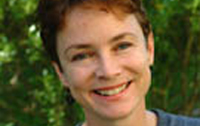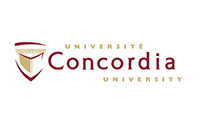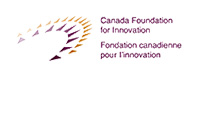The Sense Lab is a laboratory for thought in motion
The Sense Lab is composed of artists, academics, researchers, dancers, writers. We work together to explore the active passage between research and creation. We consider research to be creation in germ, and creation to produce its own concepts for thought.
Erin Manning founded the Sense Lab in 2004 in an effort to conceive a working and thinking environment for the creation of new modes of encounter. Since then, we’ve held monthly reading groups as well as a bi-monthly speaker-series entitled Bodies-Bits///Corps-Données which is a platform for the exploration of work in progress both local and international.
We host a series of international events under the rubric Technologies of Lived Abstraction. This event series was conceived as a vehicle for the exploration of modes of participation that take thought as their laboratory for creative practice and creative practice as a platform for thought. Our first event, Dancing the Virtual (2005), focused on the movements of thought through the prism of relational movement and philosophy. Housing the Body, Dressing the Environment (2007) was composed around platforms for relation that activated the constellation architecture-body-environment-thought. Society of Molecules (2009) invites participants to plan local micropolitical “molecules” engaging in aesthetico-political interventions in a distributive participatory model.
Since 2008, we have started hosting residencies. We welcome approaches to research-creation that seek to open thought.
Our online multi-media journal is entitled Inflexions: A Journal for Research-Creation.
Everyone is welcome. We are located at Concordia University (Hexagram) in EV 11-625, 11-655.










